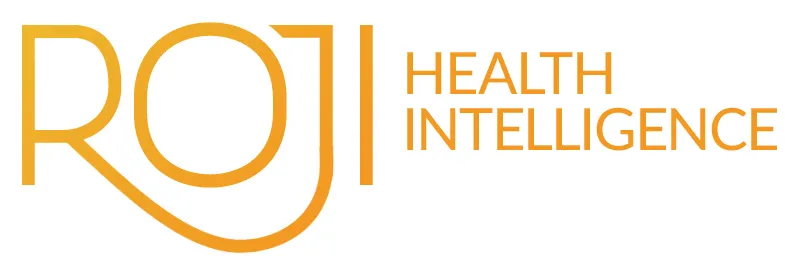Medical decisions are best made on the basis of clinical science. Accurate research, shared between physician and patient, enables the patient to make an informed choice about risks and outcomes of treatment options. That’s how it should work, in theory. But in practice, even with the best shared medical decision-making, far too much clinical research […]
Women with Autoimmune Diseases Fight Uphill Battle on Every Health Care Front
Our articles on women’s health care issues have focused on areas that must change in order to provide better quality and outcomes, to lower costs, to advance treatment, and to treat women respectfully and equitably as patients and providers. We have demonstrated how women have been sidelined from getting the right health care because of […]
If Not Now, It’s Too Late: Clinical Science Is Futile If We Study the Wrong Population
In 1936, the Literary Digest, a respected national magazine, undertook a public opinion poll. Who would win the race between Republican Alfred Landon, governor of Kansas, and Democratic incumbent Franklin D. Roosevelt? Mock ballots were mailed to 10 million Americans. About 2.4 million responded—one of the largest survey samples ever created. Their prediction? Landon would […]
If Not Now, It’s Too Late: Clinical Science Needs Fixing
In 1967, the year I graduated from high school, my family’s television required “rabbit ear” antennae with perched aluminum foil. Our farming family had little time to watch TV, but when we did, the ritual included a side trip to reset the antennae’s angle to ensure good reception. Today, I watch a clear picture on […]
Lessons in Health Care Empowerment from Women With Breast Cancer
For the one in eight women who will get breast cancer—more than 242,000 new cases were reported in 2015, alone, according to the CDC’s most recent data—the treatment is bad enough. Even more frightening is the uncertainty of what lies ahead. Will the cancer recur? And if so, when, and what’s next? Breast cancer kills […]
Conflict of Interest in Medical Practice Is Hardwired: Unless We Acknowledge It, Nothing Will Change
In philosophy class, we were asked to choose which of two children falling out of a boat, unable to swim, should we save. Kant believed all people share the same moral equivalency, and a choice cannot be made to save one or the other based on morality. They must be treated the same. This question […]
Wise Patients Really Can Make Medical Decisions
“The numbers in this blog are hard to believe. Why is the medical profession recommending shingles vaccine? It is one thing to say that patients should be their own advocates. But why would medical professionals recommend a vaccine to their patient that has such a paltry risk/benefit outcome? After all, we go to doctors because […]
Why ACOs Must Build Trust with Providers and Patients to Meet Goals
As ACOs develop approaches to Value-Based Health Care, they are struggling with a key issue: lack of trust. How can providers commit to collective cost reductions that could have potentially negative revenue consequences for themselves individually or on their practices? If they don’t believe that the other players or their ACO are operating in the […]
How ACOs Can Leverage Price Transparency To Create Value for Consumers
Health care consumers are being forced to assume a greater share of costs for treatment. But how can patients determine the value of health care services if they can’t compare costs? Lack of price transparency is a major obstacle to value-based medical decisions. In evaluating treatment options or services by different providers, consumers have no […]
Why Randomized Clinical Trials Are Essential to Informed Medical Decisions
I am not a card-carrying philosopher, although I did study philosophy as my undergraduate major. What I enjoyed most was epistemology, the theory of knowledge. We debated, hotly, from the standpoints of social interaction and humanism, “What is knowledge? What constitutes knowing?” But such philosophical debates are not relevant in medical care. Medicine is not […]










